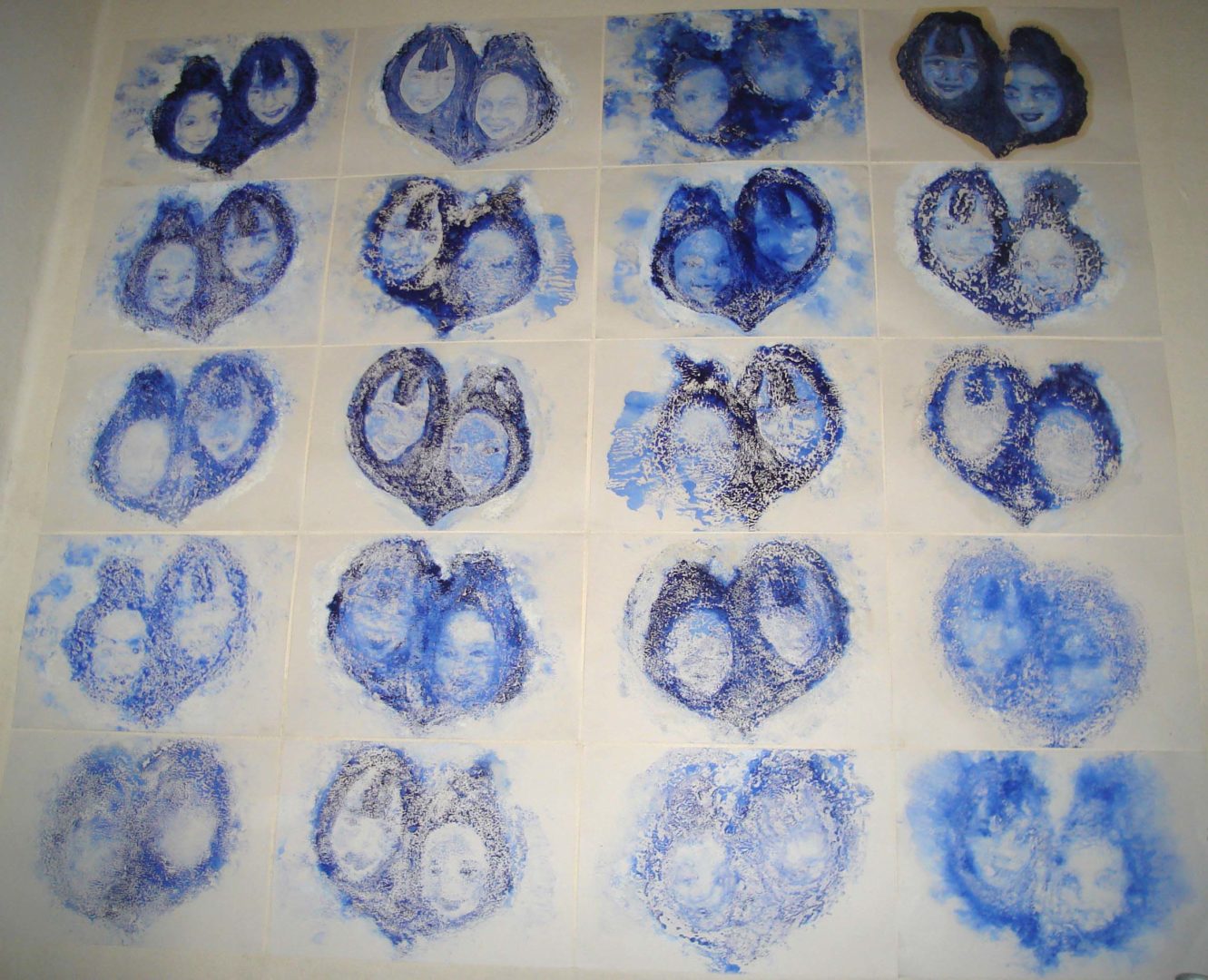Jewish people are deeply connected to and shaped by history. Our calendars are rooted in a cycle of questions and explorations of how the lessons of years past are alive today.
I grew up in our community learning about historical moments when we were collectively or individually called upon to challenge injustice: the stories of Queen Esther risking her life to speak up for those without voice, Janusz Korczak marching with the children of his orphanage in defiance of murderers during the Holocaust, and Rabbi Abraham Joshua Heschel and Irwin Cotler fighting for civil rights. Most powerfully, I was shaped by a legacy of the Shoah that demonstrated Edmund Burke’s poignant observance that, “The only thing necessary for the triumph of evil is for good people to do nothing.”
READ: SUPPORTING TRUMP’S TRAVEL BAN DOESN’T MEAN FORSAKING ‘NEVER AGAIN’
These stories, role models and lessons are being put to the test today. As we hear increased reports of acts of intolerance, Islamophobia, anti-Semitism, sexism and racism, we’re presented with the question of what will we do to confront a rising tide of hate and injustice. Most days when reading the news, my Facebook threads or event invites, I find myself asking, “What will I tell my children on that day when they ask me where I was?”
I gain courage from the plethora of Jewish organizations that have actively stood in opposition to attacks on minorities, refugees and the social safety net of the world. I draw inspiration from initiatives like the protective rings of peace, organized in response to the attack on the mosque in Quebec, being supported by countless rabbis of all denominations. I feel pride when I see signs at rallies that state, “I’m here because I learned about this at Hebrew School.”
‘Let us build and strengthen those relationships, for an attack on one minority is an attack on us all’
So what can we do? At Ve’ahavta, where I work as director of community engagement, we teach workshops about how to engage in social justice. Here, then, are five steps I believe all of us can take to counter injustice in today’s world:
First, we need to re-commit to the values of tzedek (justice), chesed (compassion) and tikkun olam (repairing the world) again and again. One of our greatest threats is fatigue and the normalization of hate in our public spheres.
Second, stay informed about what is happening and its ramifications. I’m a big fan of diverse viewpoints and consuming a variety of news sources. As people of the book, let us commit to being our own journalists and employing critical thinking to get to the heart of issues.
Third, get engaged in opportunities for bridge building. I was incredibly proud to be part of the rings of peace initiative, standing in solidarity with many Jews who were visiting a mosque for the first time. My heart was warmed by the kind and generous reception we were given, and how many mosque members now wish to reciprocate by attending a synagogue. Let us build and strengthen those relationships, for an attack on one minority is an attack on us all.
Fourth, begin within your own circle. Often people ask, where can I start? My response is, start at your dinner table or through emails. Challenging a racist or Islamophobic comment is a very difficult dilemma (especially if it comes from family or friend). As Jews, we know the sting of an anti-Semitic comment gone unchallenged. Start with listening, questioning and then politely disagreeing with the assertion of the comment. Remember, you may not change someone’s long held beliefs, but a calm, reasoned response may move someone to challenge their assumptions.
The fifth action is to show up and be present, whether it’s your first or your fiftieth rally, an interfaith event or a session where you’re planning a meeting. I’m inspired by Rabbi Yael Splansky, who initiated the rings of peace event here. What started as a gut response to a horrible incident grew and grew and inspired others. Ultimately, the initiative only worked because of the people who responded to the rabbi’s calling and said, “Hineini – here I am!”
Right now, history is asking us, “What will you do?” Let our response be, “Hineini.”


